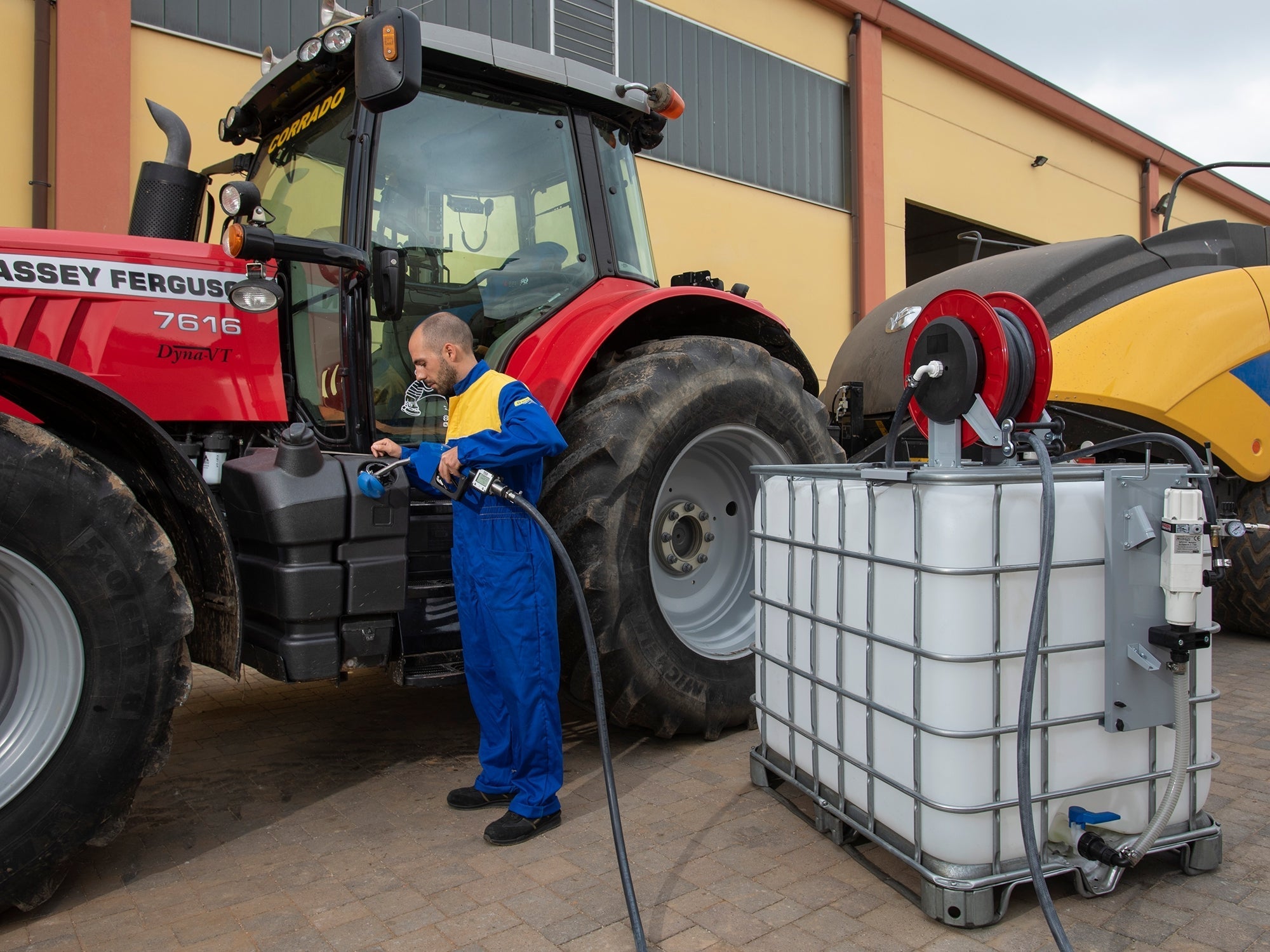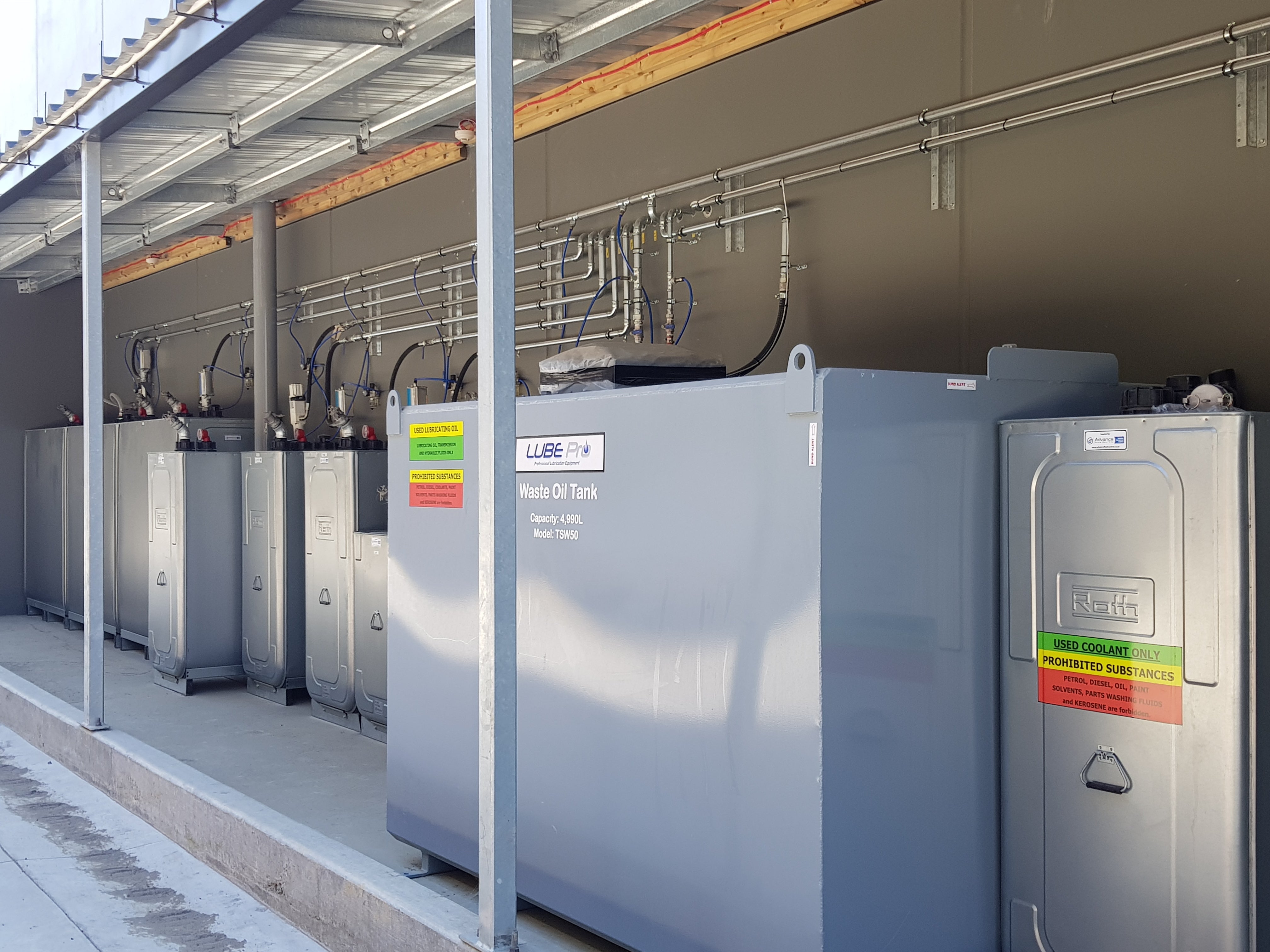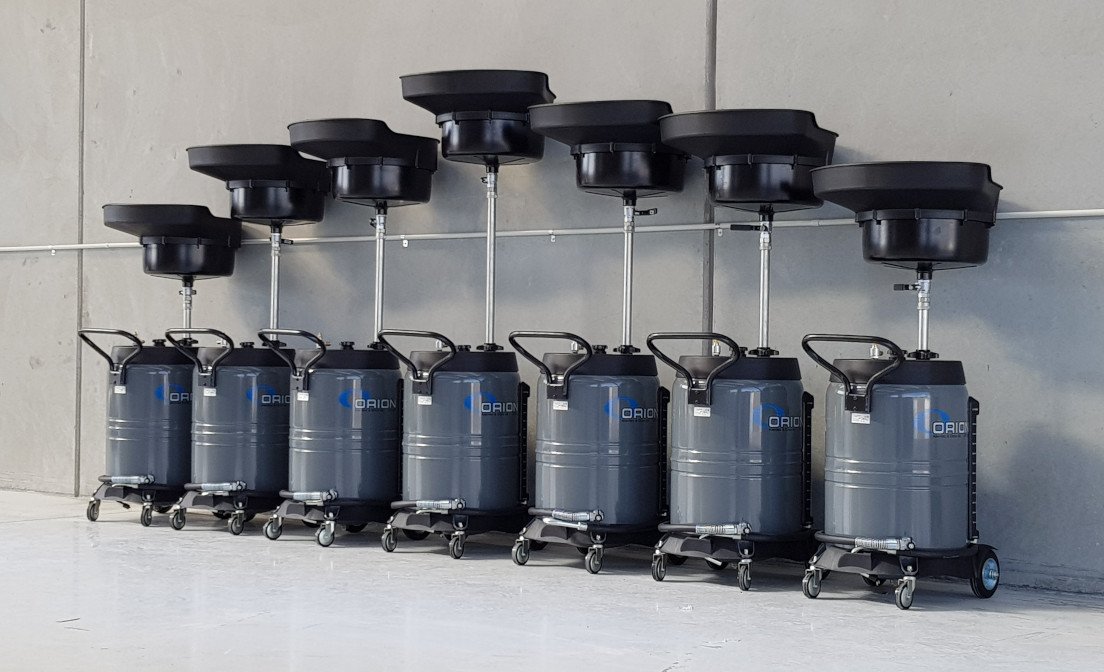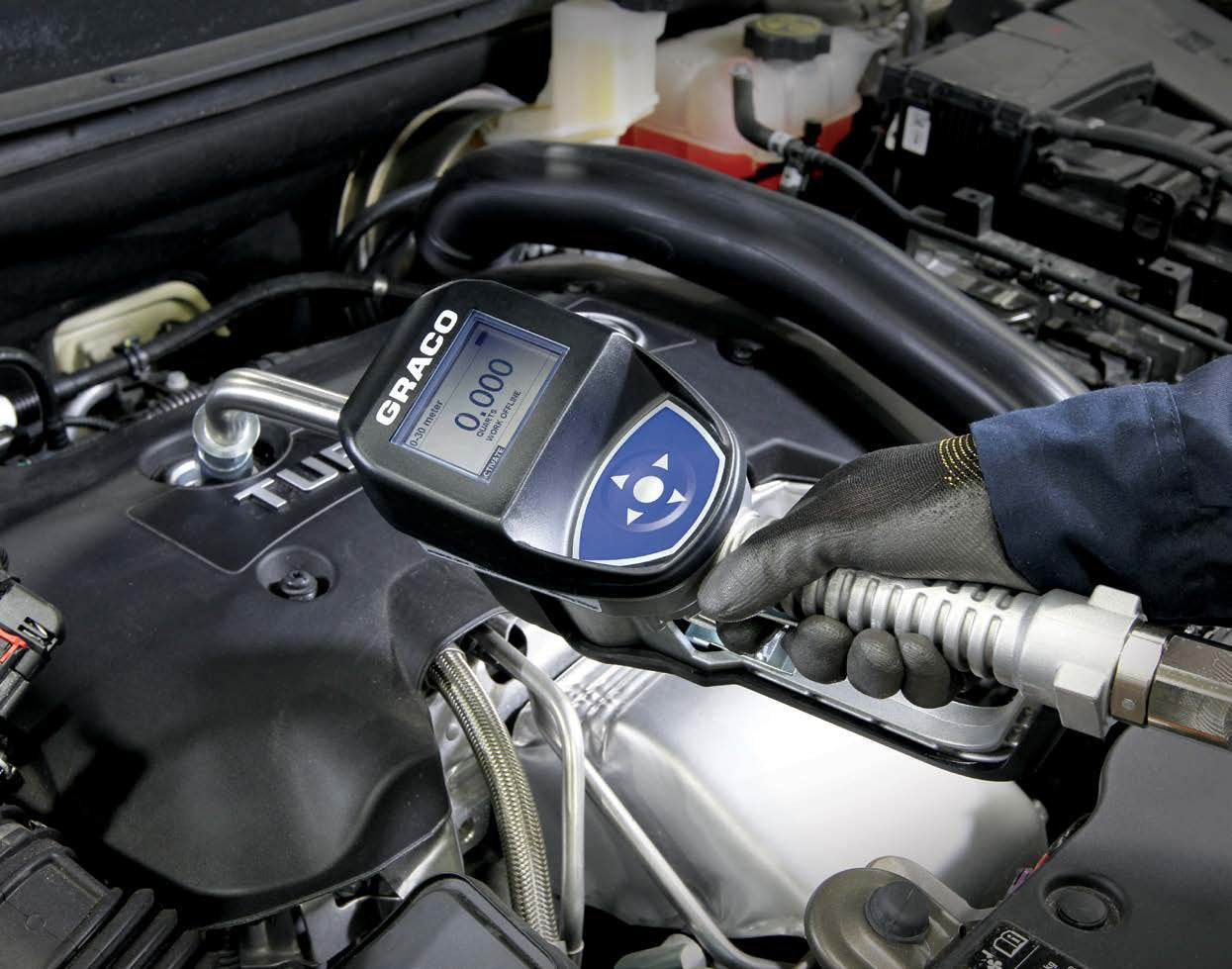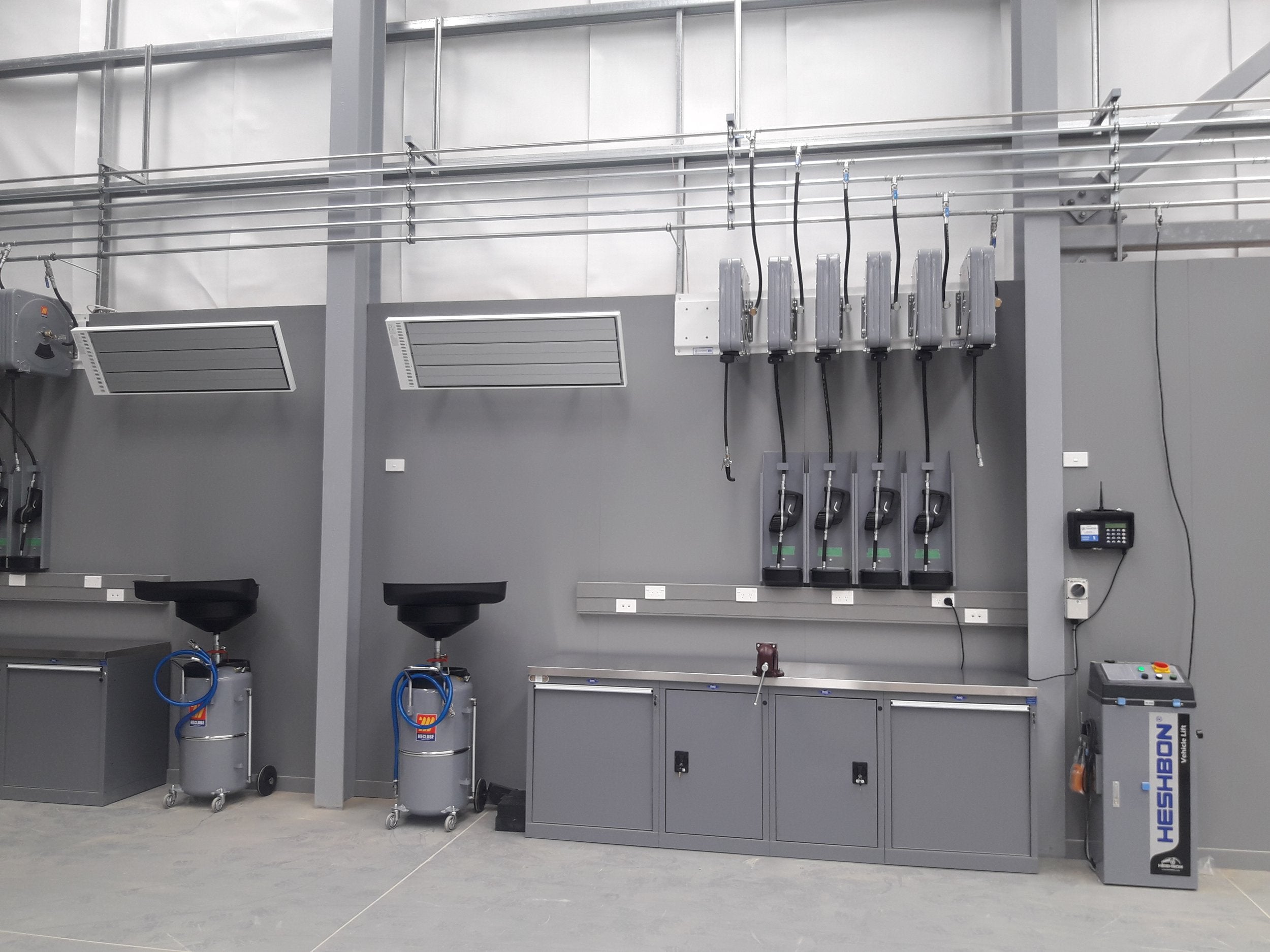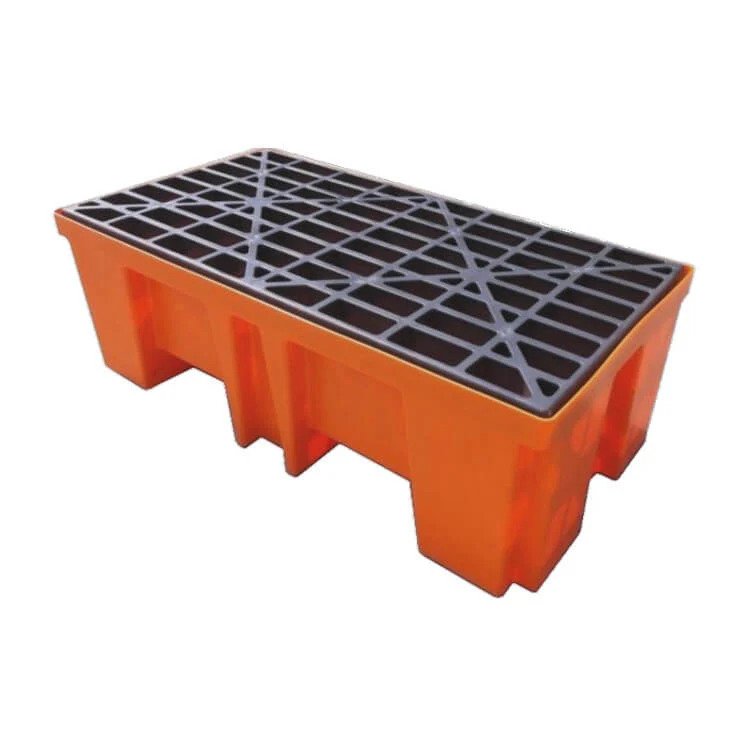Don’t allow your company to be liable for an oil spill like this!
Waste management is part of responsible operations in any business, however in the mechanical service industry, the storage and containment of waste oil has attracted particular attention in recent years due to significant risk of environmental pollution, coupled with often shoddy storage practices. In line with environmental concerns in other industries, authorities have revised legislation and are now monitoring compliance of waste oil tanks on workshop premises. Unfortunately many business owners are not up to date with regards to the current waste oil storage standards of practice. Whilst this aspect of operations may seem tedious for many workshop owners, it is critical to keep up to date with significant developments to relevant legislation within the industry.
Changes to requirements for storage & handling of waste oil
A number of significant changes occurred in this area with the release of a revised Code of Practice in November 2013. This outlines the requirements for the management and handling of used oil, and although this document has been in effect for several years now, many workshop operators are still not aware that their systems are not compliant. The risks you expose yourself and your company to when you are non-compliant opens you to a range of vulnerabilities that can severely hamper your profit margins and operational workflow. Non-compliance is at times an afterthought until an incident occurs. Incidents that occur as a result of non-compliance may lead to liability issues and business disruption that can cause significant financial and reputational damage to the company.
Key Information
Advance Fluid Control has compiled some key points from this updated legislation which are specifically applicable to the mechanical service workshop industry in New Zealand. This document is a helpful short-form overview in simple terms of some of the most common areas where servicing workshops often still come up short, and is available to you for free download.
Click below to go to the download page for this guide
 is here! Shop now, pay later in 4 easy installments
is here! Shop now, pay later in 4 easy installments



